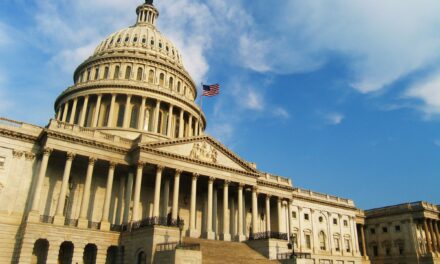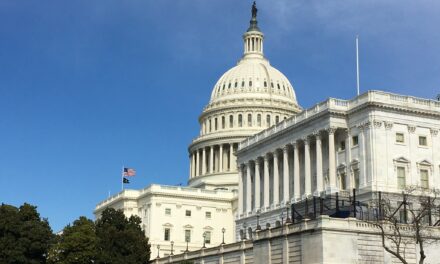Uncertainty remains as multiple factions maintain control of wide swaths of Syrian land.
After decades of rule, the Assad family’s reign over Syria is over. Bashar al-Assad, the most recent ruler, fled the capital of Damascus to Moscow. Assad’s departure is the latest major development in a 13-year civil war that has killed hundreds of thousands and left the country in rubble. The most recent events leading to the toppling of Assad began at the end of November when a large scale attack on government forces by an Islamic terrorist group known as Hayat Tahrir al-Sham (HTS) began in the northern part of the country. That offensive eventually expanded toward Aleppo and eventually Damascus.
The fall of Damascus and the deposing of Assad surprised U.S. officials. Secretary of Defense Lloyd Austin said “the entire international community was surprised” by the rapid pace of the rebels’ advance, and that it was expected Assad would put up “much more stiff resistance.
The reaction to Assad’s ouster was met with a mix of optimism and warning. Israeli Prime Minister Benjamin Netanyahu said the regime change “offers great opportunity” but comes with “significant dangers.”
Bashar al-Assad took power in 2000, replacing his father. Bashar was trained as an ophthalmologist and married a British national. He ended up being no different than his father, a brutal dictator, though he promised economic reforms and prosperity rather than political freedoms.
Assad’s dictatorship included the prisoning of at least 100,000 people in secret prisons. HTS rebels began opening these prisons in Damascus once the city fell to them.
Syria’s territories are still controlled by a patchwork of forces, including Kurds controlling the north, and HTS occupying a sliver of land crossing several major cities like Aleppo, Homs, and Damascus.
Following Assad’s ouster, the country’s prime minister said many high-level officials came to work the following day, but the rank and file “failed to return to their jobs” as HTS apparently begins consolidating control. The Islamist group was formerly an off-shoot of al-Qaeda but broke off and “promised representative government and religious tolerance.”






